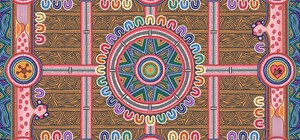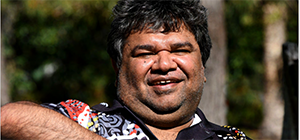Inequity in access to stroke treatment and a lack of culturally safe recovery pathways mean that for many Aboriginal and Torres Strait Islander peoples, disability and suffering caused by stroke is a significant burden.
Aboriginal and Torres Strait Islander peoples suffer stroke at a younger age, are twice as likely to be hospitalised for stroke, and are almost twice as likely to die from a stroke compared to non-Indigenous Australians (AIHW report).
The challenge to close this health gap is confronting, but First Nations communities also possess enormous strengths and resilience that are fundamental to meeting this challenge.
What we're doing
Stroke Foundation is committed to working with First Nations peoples to prevent more strokes and to improve culturally safe stroke treatment and recovery. We are doing this by:
- Implementing our first Reflect Reconciliation Action Plan (RAP)
- Developing Our Stroke Journey - the first national resource for First Nations stroke survivors, carers, family members and communities
- Partnering with other organisations such as:
- Evolve Communities
- Australian General Practice Accreditation Ltd (AGPAL)
- Queensland Aboriginal and Islander Health Council (QAIHC)
- State and Territory health services
- Aboriginal Community Controlled Health Organisations (ACCHO)
- Research organisations including the University of Newcastle
- Evolve Communities


